PRESENTATION OF A JOINT PROJECT BETWEEN BOLIVIA AND JAPAN
Two countries are pooling their knowledge and working to combat climate change by strengthening the resilience and sustainability of the agroecosystems of the Bolivian highlands.
On November 18, 2021, the official launch of the project took place "Strengthening the resilience of arid agroecosystems vulnerable to climate change, through research on plant resources and technological applications", a work focused on the cultivation of quinoa, which will be led by Bolivian and Japanese researchers who belong to internationally recognized institutions and universities.

The project, which began in June 2021, has a duration of 5 years and seeks to comprehensively and sustainably manage biological and environmental resources in life systems and is framed within the "2030 Agenda for Sustainable Development", contributing to compliance of objective 15 and goal 3 where countries are urged to fight against desertification, rehabilitate degraded lands and soils, a situation that describes the current state of the highlands. Bolivia is a signatory to the Framework Convention to Combat Desertification (UNFCLD), therefore, in response to these international commitments, it has formulated its own NDT-2030 Plan.
The elite team of researchers participating in this project represents institutions such as: the Japan International Research Center for Agricultural Sciences (JIRCAS), Kyoto University, Tokyo University of Agriculture and Technology, the University of Obihiro Agriculture and Veterinary Medicine, the Universidad Mayor de San Andrés (UMSA), the Foundation for the Promotion and Research of Andean Products (PROINPA), the Japan International Cooperation Agency (JICA), the Japan Science and Technology Agency (JST ), the Embassy of Japan in Bolivia, the Bolivian Ministry of Environment and Water (MMAyA) and the Bolivian Ministry of Development Planning (VIPFE: MPD).
It is intended, with the collaboration of Japanese institutions, to equip laboratories and research centers in Bolivia and train human resources that promote greater technical-scientific development of the country. Joint research will generate valuable knowledge for subsequent applications for the benefit of producers and the conservation of resources in the highlands.
Some impressions of the exhibitors:
"The complementarity of disciplines and capacities (between researchers from Bolivia and Japan) makes us think that we will be able to meet the expectations of this project" Dr. Yasunari FUJITA (Japan Project Leader, JIRCAS)
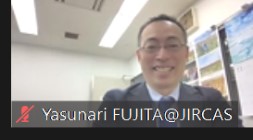
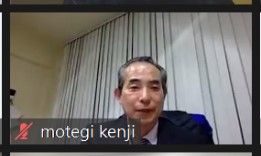
“The Japanese universities that participate in this project are of great prestige, I hope that the research is successful and can help combat the effects of climate change and help solve food safety problems…. I am very happy and excited to start this joint work” Kenji Motegui (First Secretary, Embassy of Japan in Bolivia)
"For us at UMSA it is an opportunity to reach farmers directly through coordinated work with PROINPA, as well as working with Japanese researchers makes us think that we will produce international quality research" Dr. Giovana Almanza (Leader project Bolivia, UMSA).
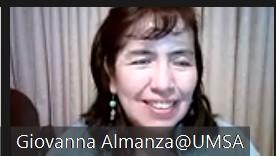
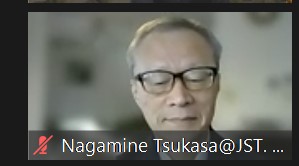
"It is important to be able to create mutual understanding and collaboration between both countries to contribute to the goals of sustainable development... I really believe that this research will contribute to improving the cultivation and income of Bolivians" Dr. Tsukasa NAGAMINE (Program Officer, JST).
"We want to emphasize the socialization of the work that DIPGIS - UMSA does in Bolivia, it is necessary to show the results of the research and that it serve as a basis for the development of our country." Dr. Mauro Costantino UMSA
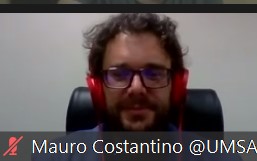

“PROINPA will base the results of research carried out for more than 20 years, we have a close relationship with communities and farmers and we are innovating with technologies based on the diversity of microorganisms and the diversity of native and cultivated species. We want to put all the knowledge on the table, share it and complement it together with Japanese researchers and Bolivian colleagues”. Rolando Oros (General Manager of the PROINPA Foundation).